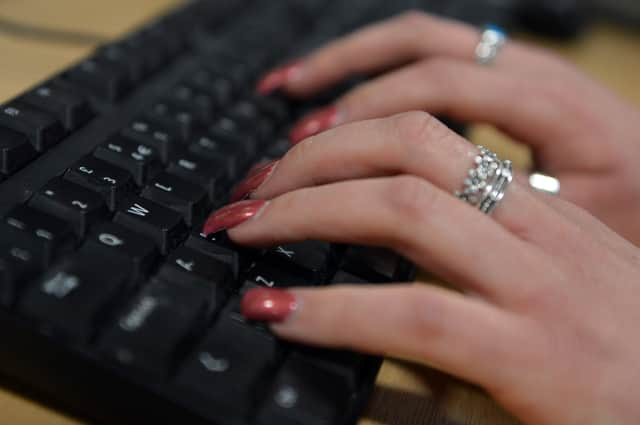Voices of the Future: 24-hour news cycle means we’re constantly on duty - Lauren McGaun


With the constant stream of 24-hour news consuming our lives however, this can be a challenge. As press briefings became more intertwined in our everyday lives and Covid-19 cases soared in the UK, the British public has become more accustomed to this repetitive news consumption as we feel the need to be constantly informed.
This is a particular problem for young journalists who always want to stay on top of the news to report on it for articles, pitches and general conversations with peers. This pressure is further heightened when social media is added into the mix, as young journalists end up comparing themselves to others who are live tweeting Covid-19 updates as they come in.
Advertisement
Hide AdAdvertisement
Hide AdThis is something I’ve especially struggled with recently as I go through my journey as an aspiring political journalist. Sky News in the morning, the BBC’s lunchtime news and then ITV News in the evening – this has become my strange journalism ritual as lockdown has dragged on. With this added into a mix of regular print newspapers, a day spent constantly scrolling through Twitter and editing articles for various platforms, the whole news void can sometimes just become too much.
While some may argue that we put this pressure on ourselves and can easily step out of it, as we live in a society that is so fuelled by a desire for perfection, with information at our fingertips, it seems hard for people to ever put down their devices and take some time away to prioritise themselves.
Samantha Harman leads a team of young journalists at Oxfordshire Newsquest titles and she expressed a similar level of frustration at the mental health harm of 24-hour news. Most of her team are in their early 20s and all report suffering some form of burnout over the past year, as the environment we now find ourselves in makes it almost impossible for them to separate work from home life. “Social media has taken the job from ‘on duty’ and off duty’ to ‘never off duty’, she argued.
Annaleece Longmore, a current A-level student, also felt added pressure to keep on top of the news as she feared it would hamper her prospective job prospects otherwise. She said: “I definitely found my mental health dipping dramatically.”
Advertisement
Hide AdAdvertisement
Hide AdWhile there’s no easy fix to the difficulties that constant media consumption brings, both broadcast and print outlets highlighting more positive news stories would be seen as a welcome change by many.
After all, there’s so much positivity that is currently being underreported.
Allowing ourselves to take days away from the screen and prioritise ourselves can also be hugely beneficial, although this is easier said than done.
Comment Guidelines
National World encourages reader discussion on our stories. User feedback, insights and back-and-forth exchanges add a rich layer of context to reporting. Please review our Community Guidelines before commenting.